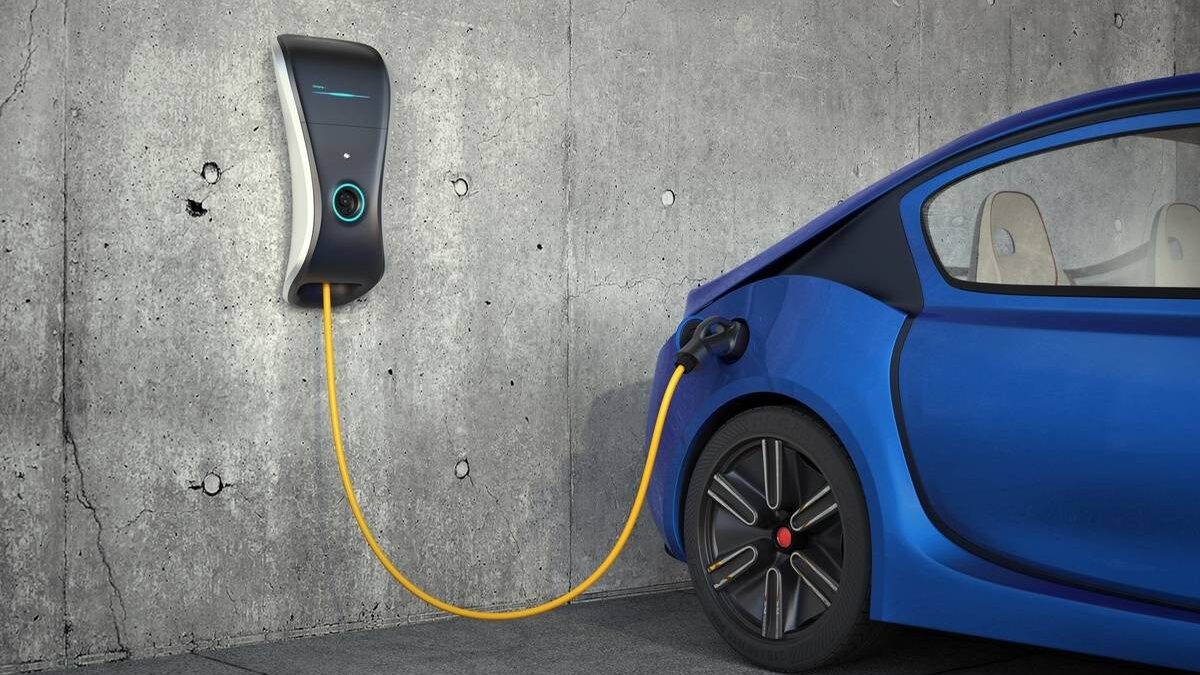You can definitely charge your electric vehicle at home. There have been technological advancements that allow electric vehicle charging at home. Therefore, most EV owners can charge at home at their convenience.
Consumer Reports show that all-electric vehicles come with Level 1 home connector kits. It is an extension that allows the car to plug into the power grid.
Charging an EV at home is as easy as plugging it into a wall outlet or installing solar panels to replenish EV batteries.
How to charge EV at home
Consumer Reports recommends PHEV buyers start with the cord included rather than using Level 2 wall-mounted chargers. Level 1 would be enough for drivers not driving past 40-50 miles.
On the other hand, below are the significant first steps that you need to consider in having an EV charger at home:
- The first step to charging an EV at home is installing a charging point where you park your electric car. Using an EVSE supply cable for three pin plug socket as a backup is also recommended.
- Make sure to choose a faster charging point compatible with a Type 1 or Type 2 connector and built-in safety features.
- Have your home EV charger installed by a qualified specialist.
You may also anticipate Tesla’s wireless charger and unlimited overnight home charging previewed at the company’s Investor Day.
Apart from that, Tesla’s Wall Connector home electric vehicle charging system is also available in the market. Last year, the automaker lowered the technology’s price to make it more affordable for customers.
How to get your EV charger installed at home
A certified provider must install electric vehicle chargers—the cost includes the chosen charging unit. Below are the tips that may guide you in having EV charger installation at your home:
- Make sure you have enough electricity flow for an EV charger. If there’s not, you need to upgrade the electrical service.
- The installation could take up to 2-3 hours.
- Installations can be booked online, over the phone, or even through car dealerships.
See Also:
- Tesla teases wireless charger and unveils unlimited overnight home charging
- Tesla lowers the price of its home charging station
- Tesla launches a home charging station compatible with non-Tesla EVs
- Enel X Way and Sunrun partners to offer smart EV home charging stations
- Blink Charging launches its new advanced L2 smart home charger for electric vehicles
Overall, It’s important to note that the charging time will depend on the battery size of your EV, the charging method, and the speed of the charging station. Also, follow the manufacturer’s instructions for your EV and charging equipment and take appropriate safety precautions when charging your EV at home. By following these steps, you can enjoy the convenience of setting up your EV at home.

